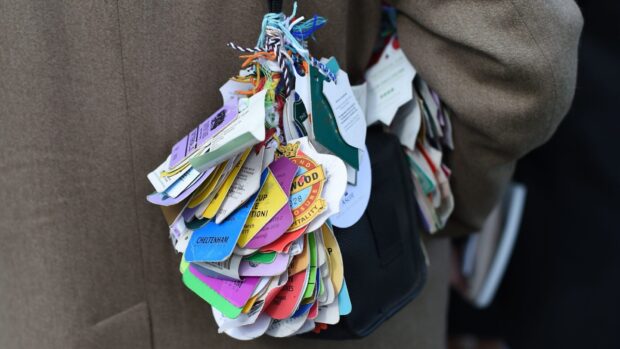Getting stuck in traffic on the motorway is a pain at the best of times, but when you’re travelling horses, it can quickly turn into every owner’s worst nightmare — especially if you add high temperatures into the mix.
Preparation is key
Before travelling anywhere, make sure you have enough supplies on board to keep your horses safe if you end up waiting in traffic. During spells of hot weather, take more water than you need — you may need it to help cool your horses down, as well as giving them something to drink.
The British Grooms Association gives the following recommendations: “Pre-travelling, it is wise to check traffic and take plenty of water and hay. It’s best to travel during the coolest hours of early morning and when the sun has gone down, and ensure that your equine breakdown recovery is up to date.”
Do your research before leaving, and check for any diversions or pre-planned road closures on your route. Likewise, keep an eye on when you’re travelling. If you clash with notable dates like schools breaking up for holidays and sports or music events, you may end up sitting in congestion that isn’t normally there.
It’s possible to install fans in lorries and trailers too, so if you plan to do lots of travelling over the summer months, consider looking into the best set-up for your vehicle.
Worst case scenarios
If you get caught up in traffic on the motorway and you’re worried about the welfare of your horse, your first port of call is to ring 101. Get your concerns logged as soon as you can, so you have plenty of time to create a plan.
“If it’s over 25°C, and you have horses on board, you need to call 101 to alert them prior making any decisions,” says the British Grooms Association. “It is not OK to use the hard shoulder, and the police would be required to be alerted if you were in a situation where the horses were distressed.”
While it’s tempting to drive straight on to the hard shoulder and leave at the next exit, you’d be opening yourself up to prosecution and getting a fine and points. As the British Grooms Association states, “the hard shoulder is there for use in emergencies only.”
Using the hard shoulder without informing the police could also result in compromising an investigation. If you don’t know where or what the police are dealing with, you could end up driving straight into the scene. When you call 101, you can find out whether the nearest exit is clear.
If your horse is getting distressed, it becomes a personal decision as to whether you risk using the hard shoulder. No one is permitted to drive on it, so you may still leave yourself open to prosecution, even if 101 is aware of your situation and the exit is clear. So, if you do decide to take the risk, ensure you have evidence to prove the mitigating circumstances, such as a video of your distressed horse and a record of the temperature.
According to the RAC, motorists who drive on the hard shoulder could receive a £100 fine and three penalty points on their licence.
The force’s decision
Each police force will have its own protocol when it comes to assisting and helping vehicles travelling horses. Every situation is looked at on a case-by-case basis, and varying factors will influence the action taken. These may include the temperature, the length of time waiting, the state of the horses, the reason for traffic, and the incident that the police are dealing with.
Clare Blatchley was travelling her horses when she ended up waiting in traffic for over 40 minutes, on a hot day.
“We were in a jam and a police car approached us and asked if the horses were restless due to the heat and the length of time we had already been waiting. We said we were getting worried about them overheating and we didn’t have much water left on board, so they escorted us off the motorway on the hard shoulder. They were amazing!”
- To stay up to date with all the breaking news from major shows throughout 2025, subscribe to the Horse & Hound website
You may also be interested in…

9 tips for travelling in the heat with your horse
When temperatures soar, knowing how to keep dehydration at bay when your horse is on the move is more important

When is it too hot to ride? Your warm weather questions answered…

Subscribe to Horse & Hound magazine today – and enjoy unlimited website access all year round




